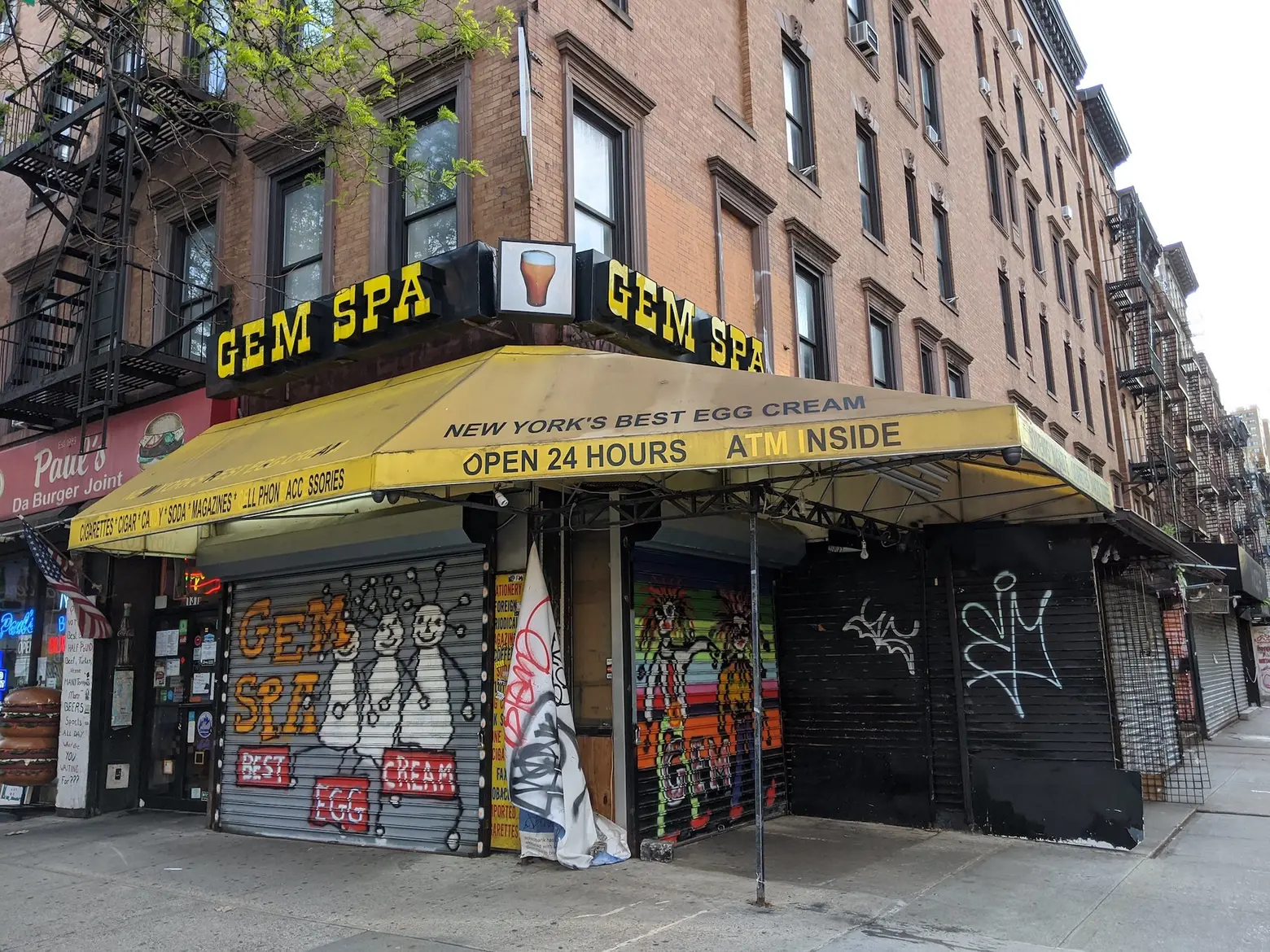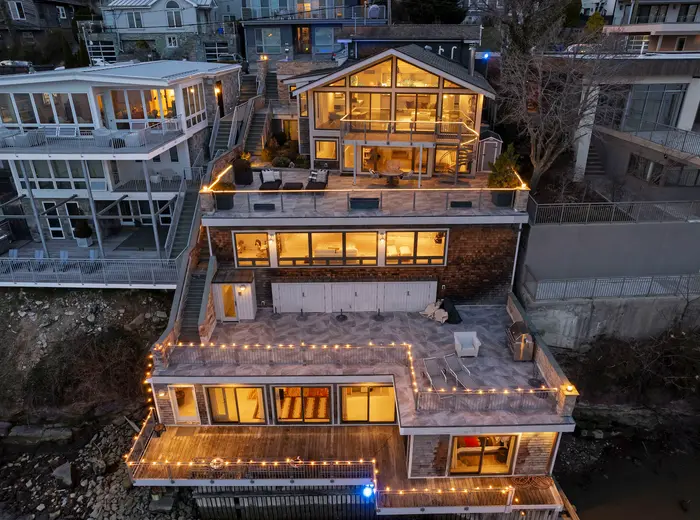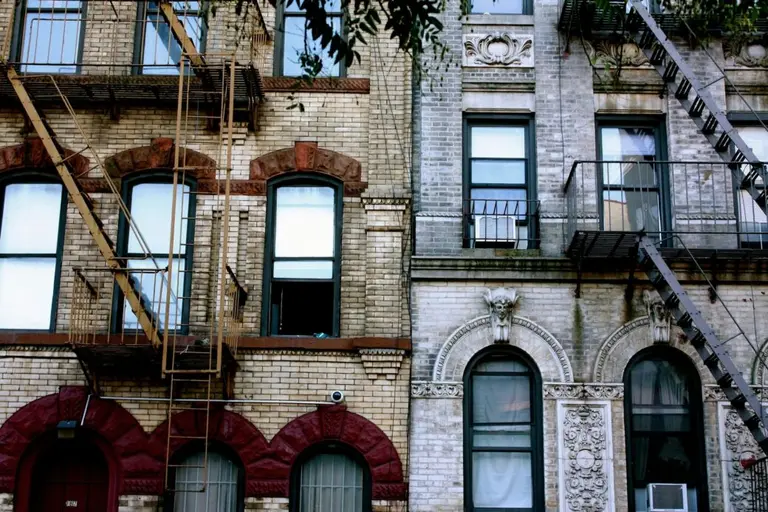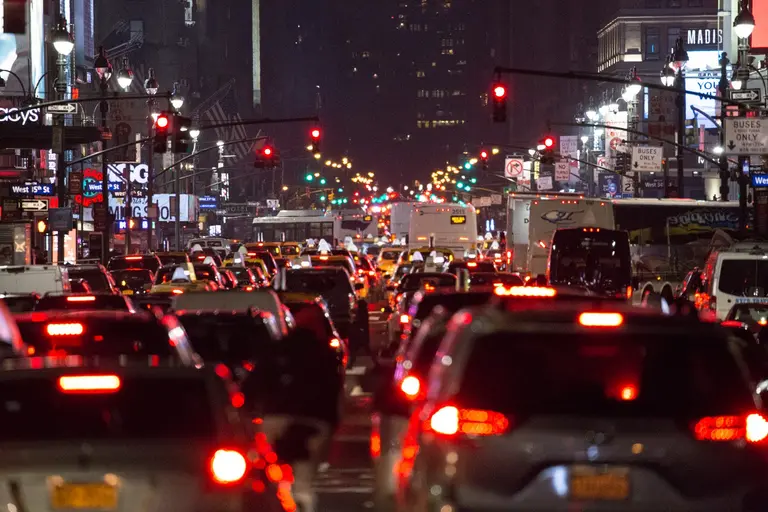NYC pol calls for rent relief, permanent outdoor dining, and other small business-saving measures

Gem Spa in the East Village permanently closed in May; Photo by Eden, Janine and Jim on Flickr
Small businesses in New York City are struggling to stay afloat, especially those still unable to reopen because of the coronavirus pandemic. A survey from the Hospitality Alliance found that only 19 percent of city businesses paid June rent and only 26 percent of landlords waived rent. Council Member Keith Powers on Monday released a report detailing ways to save small businesses and prepare for a post-COVID-19 world by providing emergency rent relief using federal funds, waiving the commercial rent tax, making outdoor dining permanent, and other measures.
“We talk every day about how important our small businesses are to New York City,” Powers, who represents parts of Manhattan, wrote in a tweet on Monday. “Today we’re releasing a report with actionable steps we can take to ensure these key parts of our city survive beyond this pandemic.”
The report, which Powers created alongside the NYC Hospitality Alliance and the Manhattan Chambers of Commerce, said businesses need financial assistance now to pay their rent, often the largest cost for businesses in the city. According to the New York Times, nearly 3,000 small businesses have closed for good in the past few months because of the health and fiscal crisis.
The report said the city’s Small Business Services should use future federal stimulus funds to create a program that would give direct assistance to businesses that lost income because of the pandemic.
“In New York City, rent poses a unique challenge for small businesses compared to other parts of the country,” the report reads. “Rather than abide by the rules governing the national small business rent relief programs, Congress should allocate federal stimulus funding to the City so that we could create a rental assistance program to address the issue of the exorbitant rent burden our small businesses have faced.”
The group also wants the city to waive the Commercial Rent Tax, which charges commercial businesses located south of 96th Street in Manhattan, during the current state of emergency. Powers will introduce legislation co-sponsored by Council Member Margaret Chin that would temporarily suspend the tax during the health crisis for businesses with a base rent lower than $1 million.
Expanding the current eviction moratorium by one year for commercial tenants, which expires on August 20, would protect small businesses unable to make rent because of the crisis, according to the report.
Last month, Cuomo signed into law the Tenant Safe Harbor Act, which protects renters who have not paid rent between March 7 and the to-be-determined date when their region fully reopens, as long as they can prove they experienced financial hardship during the COVID-19 crisis. A similar rent relief measure has not been provided for the city’s commercial tenants.
As indoor dining remains on hold for New York City restaurants and bars, and with tighter restrictions on serving customers in place, outdoor dining has been a lifeline for the food industry. While Mayor Bill de Blasio recently expanded the Open Restaurants program until October, the report calls for the program to be permanent. Powers also wants street vendors to be able to participate in the program, which would involve issuing temporary permits to vendors to set up in locations within the Open Streets initiative.
Other small business-saving strategies include giving federal aid to theaters and music venues who will be the last to reopen, establishing grace period for fines and fees, extending relaxed liquor authority rules for takeout and delivery, and extending financial support to undocumented workers.
“Small businesses are the lifeblood of New York City, and if we want them to survive in a post-COVID city, we need to take action,” the report reads. “This moment calls for innovative solutions and for a collaborative effort that includes the voices of small business owners across a wide range of industries. New York City will be different post-COVID–and we must do we can to maintain the vibrancy of our communities and local economy by supporting small businesses in a post-COVID world.”
RELATED:



























